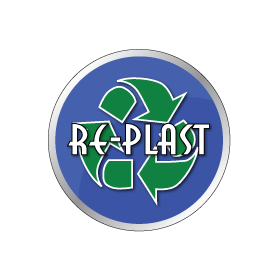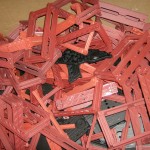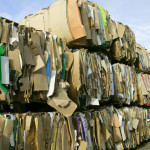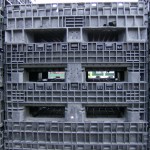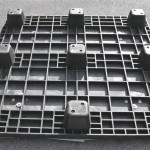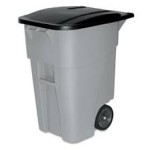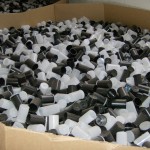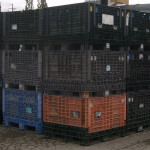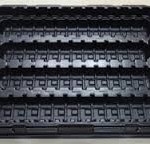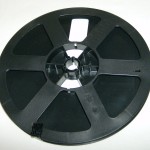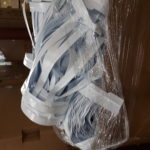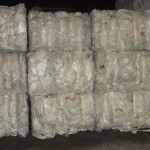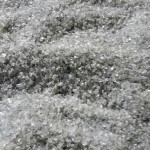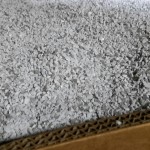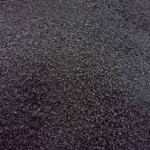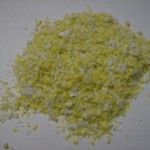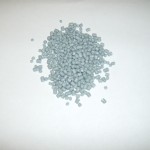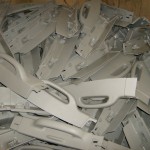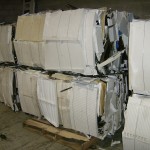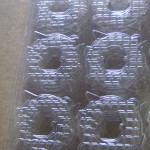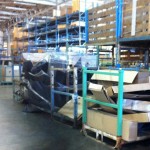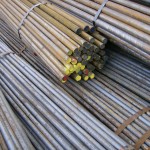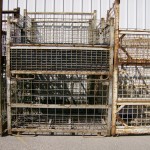Recycling
The process of turning used materials (waste) into new products to prevent waste of potentially useful materials. Furthermore, recycling reduces the consumption of fresh, raw materials, energy usage, air pollution (from incineration) and water pollution (from land-filling) by reducing the need for “conventional” waste disposal, and lowers greenhouse gas emissions compared to virgin production.
Recycling is a key component of modern waste reduction and is the third component of the “Reduce, Reuse, and Recycle” waste hierarchy.Recyclable materials include many kinds of glass, paper, metal, plastic, textiles, and electronics. Although similar in effect, the composting, or other reuse of biodegradable waste – such as food or garden waste – is not typically considered recycling.
In the strictest sense, recycling of a material would produce a fresh supply of the same material—for example; used office paper would be converted into new office paper, or used foamed polystyrene into new polystyrene. However, this is often difficult or too expensive (compared with producing the same product from raw materials or other sources), so “recycling” of many products or materials involve their reuse in producing different materials (e.g., paperboard) instead.
Another form of recycling is the salvage of certain materials from complex products, either due to their intrinsic value (e.g., lead from car batteries, or gold from computer components), or due to their hazardous nature (e.g., removal and reuse of mercury from various items).
Did you know?
Humans have produced 8.3 billion tonnes of plastic, researchers say
READ MORE…
Recyclable Materials
- ABS Scrap
- Baled OCC
- Circuit Board
- HDPE Collapsible Bins
- HDPE Pallets & Dunnage
- HDPE Regrind
- HDPE Rolling Carts
- HDPE Scrap
- HDPE SF Bins
- HDPE Totes
- HIPS Scrap
- HIPS Scrap
- HIPS Thermoform Rewinds
- HIPS Thermoform Tray
- LDPE Baled Film
- PC CD Scrap
- PET Blow Mold Bottle & Preform
- PET Blow Mold Regrind – Natural
- PET Blow Mold Regrind – White
- PP POP Signage
- PP Regrind
- PP REGRIND
- PP Repro
- PP Scrap Auto Parts
- PS POP Signage
- PS Scrap
- PVC Tray
- Racking Removal
- Steel Bars
- Steel Cages

